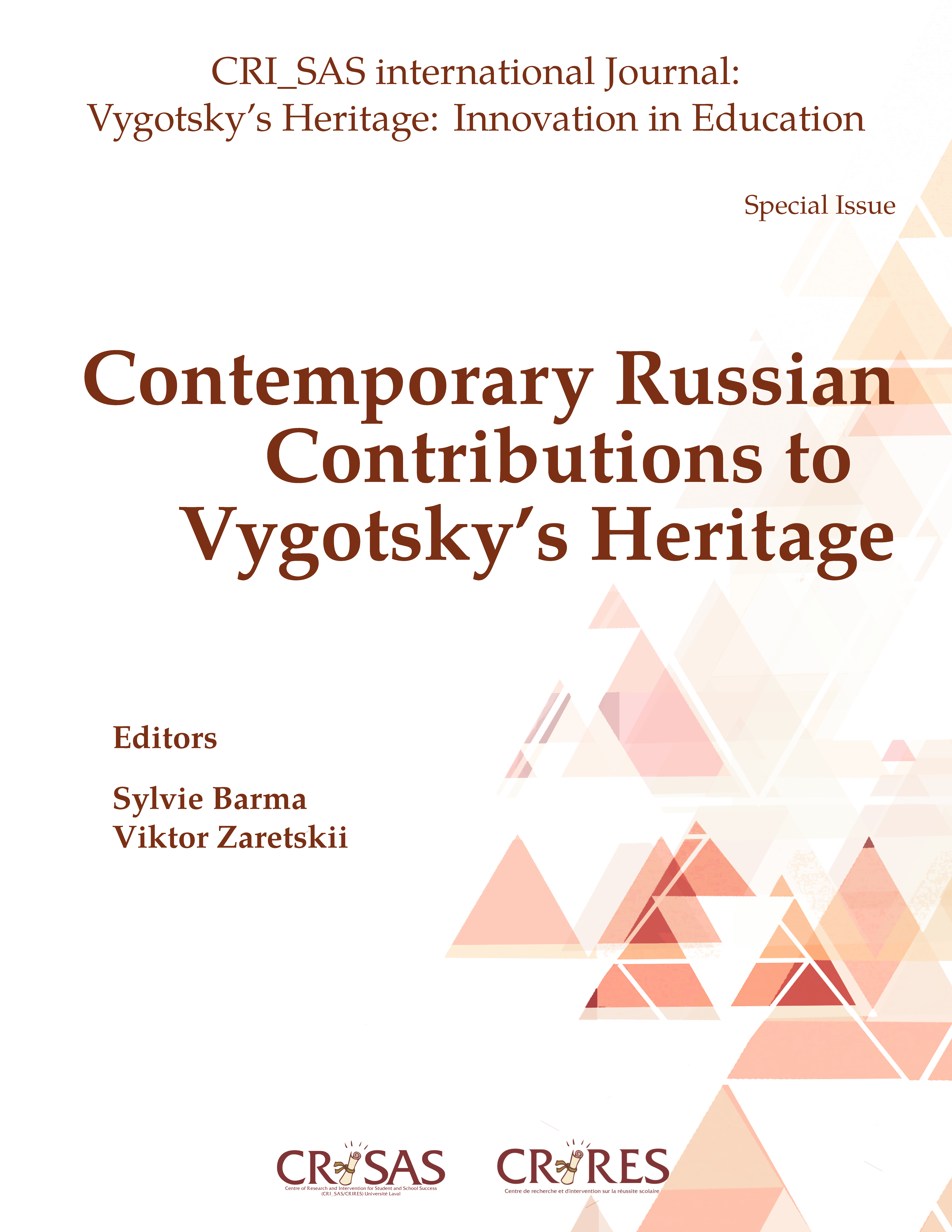Old Age as a Cultural and Historical Phenomenon and its Transformation in Modern Times
DOI :
https://doi.org/10.51657/ric.v4i1.41004Mots-clés :
Elderly and old age, Modern times, Life efficiency, Life quality, Depression, deficiency and weaknessRésumé
Old age, like any other age, is a cultural and historical phenomenon. In the culture and mass consciousness the viewpoint about elderly and old age as the period of involution is still prevalent. At the same time, there has been a change in attitude toward this age. Many authors emphasize the perspective of using the potential of older people in society, the value of continued employment to maintain social and intellectual activity in old age. This is possible only if a person realized the need for continuous creation of themselves and their living conditions. Currently, the ending of the life of modern people has moved from 60 to 80 years. Thus, after retirement, the person has a chance to live around 20 years of valuable productive life. This means that contemporary people’s life path has a completely new period, which did not exist before. At that time, when the previous life attitudes were realized, the person opens up new possibilities of self-development in other areas. People on their life become able to realize the potential of self-development and to resist the pressure of adverse cultural forces. At any age the opinion about people’s abilities has a significant impact on the life eÿciency and quality. Conscious and productive change in the trajectory of person’s own life path not only questioned the idea of the inevitability of negative changes in the quality of life in old age, but also "removes" the problems of this age, as constant depression, deficiency and weakness.
Références
Antsyferova, L. I. (2006). Razvitie lichnosti i problemy gerontopsikhologii [Personality developmentand the problems of gerontopsychology]. Moscow: Institute of psychology RAN Pabl.
Ermolaeva, M.V. (2011). Psikhologo-pedagogicheskoe soprovozhdenie pozhilogo cheloveka [psychological and pedagogical support of elderly person]. Moscow, Russia: NOUVPOMoskovskii psikhologo-sotsial’nyi universitet [The MoscowPsychological and SocialUniversity].
Frankl, V. (2012). Stradaniya ot bessmyslennoi zhizni [Suffering from a meaningless life]. Novosibirsk: Sib. Universitet Publ. (in Russ).
Rubinshtein, S. L. (2012). Chelovek i mir [Man and the world]. Moscow: Pedagogika.
Sapogova, E. E. (2011). Ekzistentsial’no-psikhologicheskii analiz starosti [Existentialpsychological analysis of old age]. Kul’turno-istoricheskaya psikhologiya [Cultural-historic psychology].(3), 75–81.
Slobodchikov, V. I., & Isaev, E. I. (2000). Psikhologiya razvitiya cheloveka [psychology of human development]. Moscow: Shkol’naya Pressa.
Téléchargements
Publié
Numéro
Rubrique
Licence
© Marina V. Ermolaeva 2017

Cette œuvre est sous licence Creative Commons Attribution - Pas d'Utilisation Commerciale - Pas de Modification 4.0 International.

